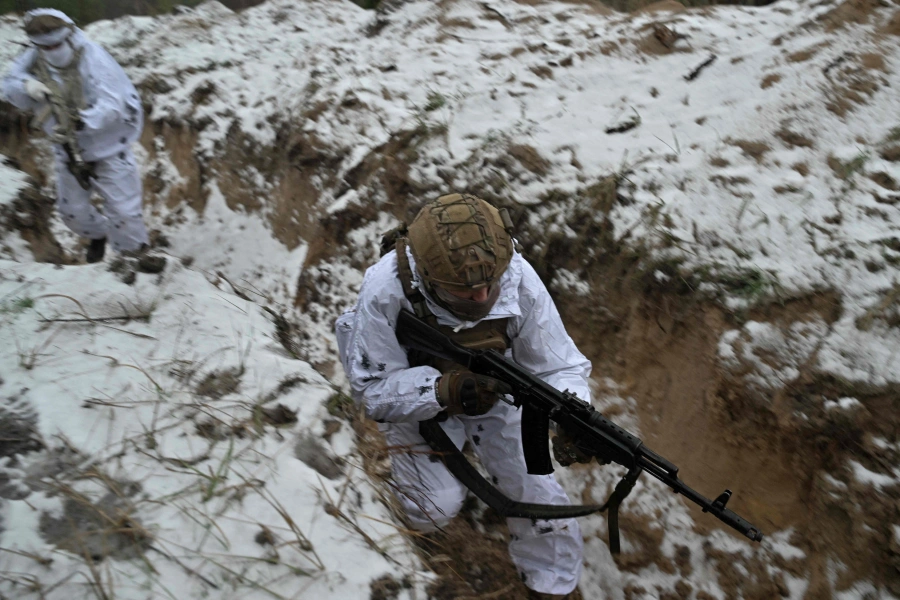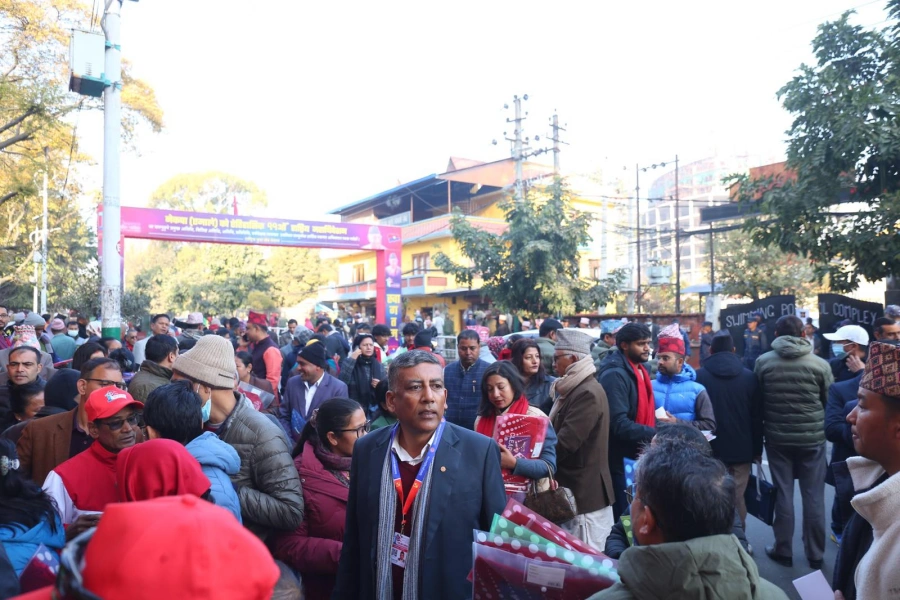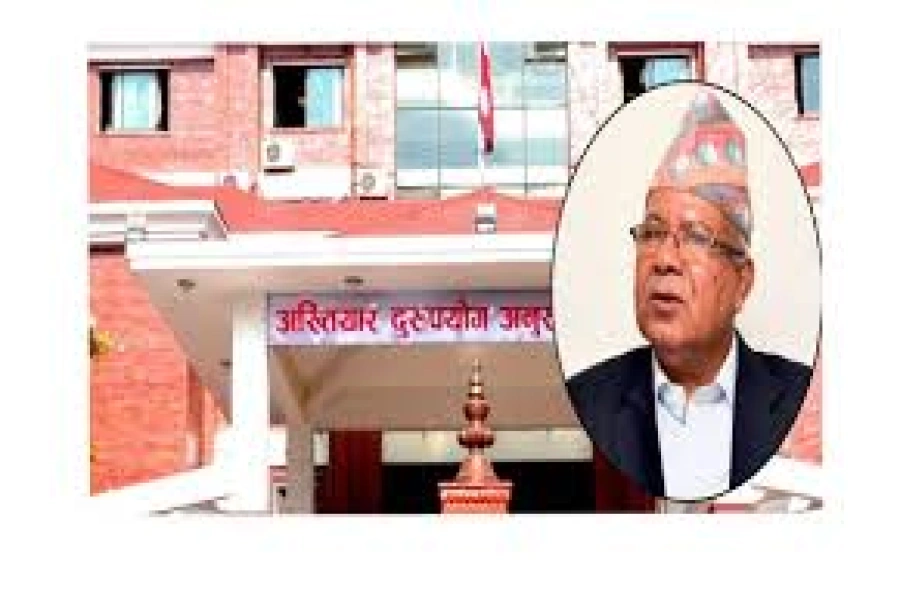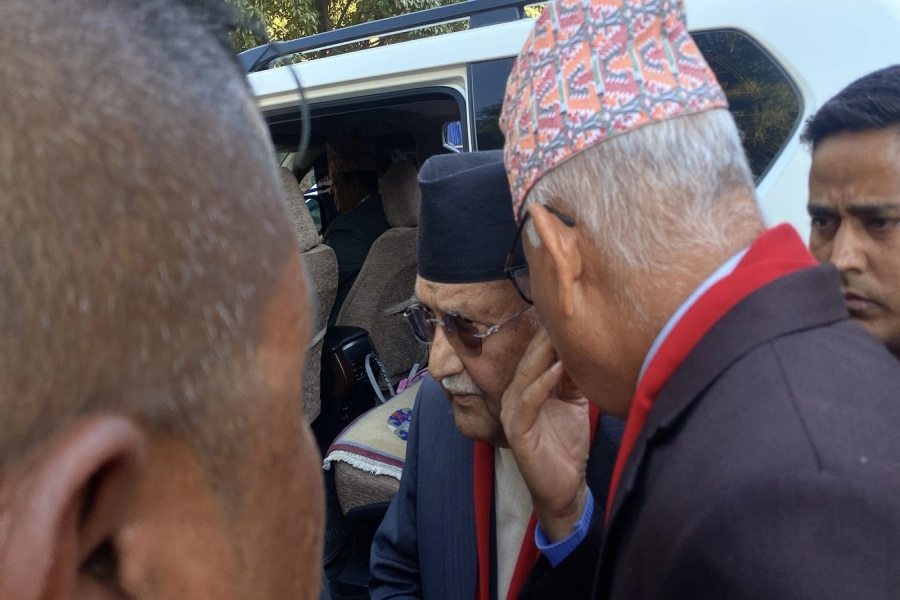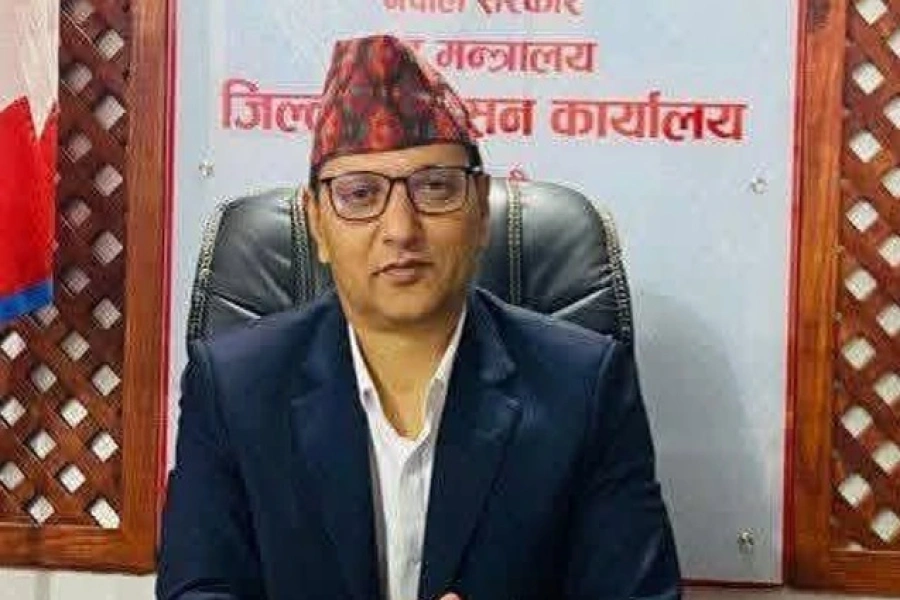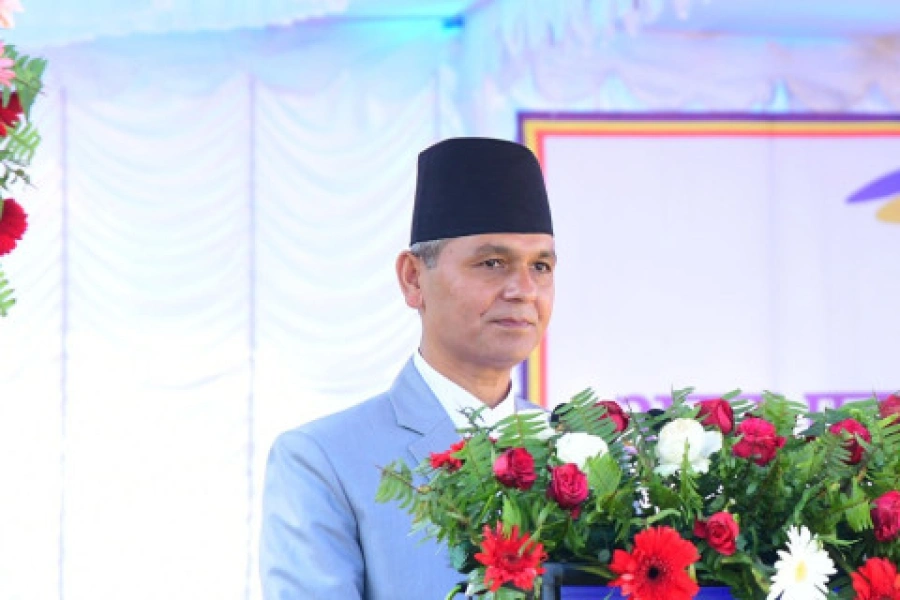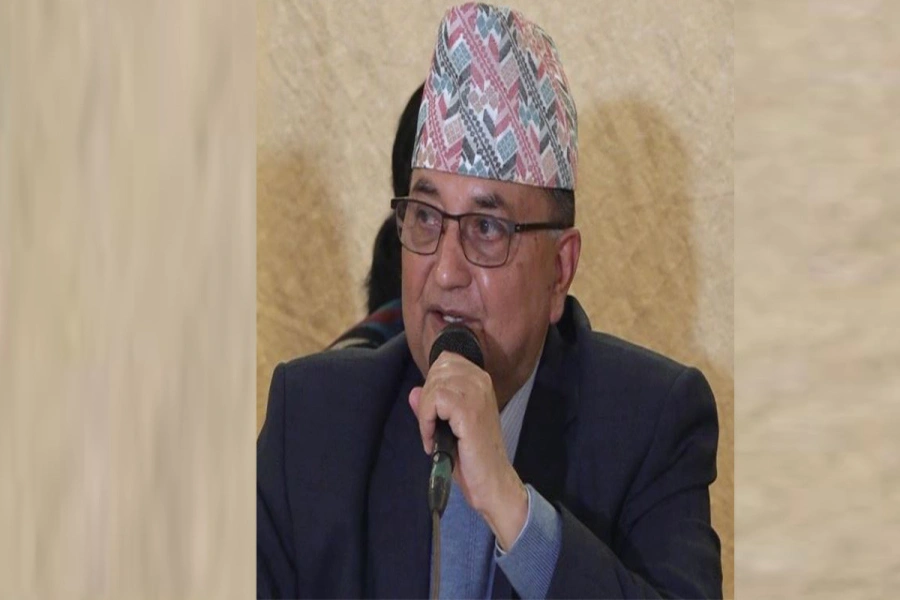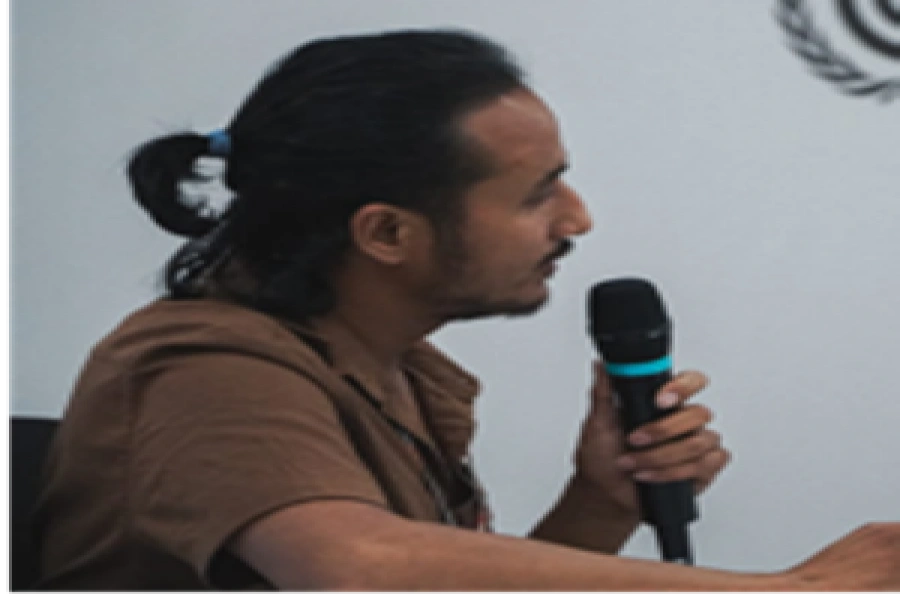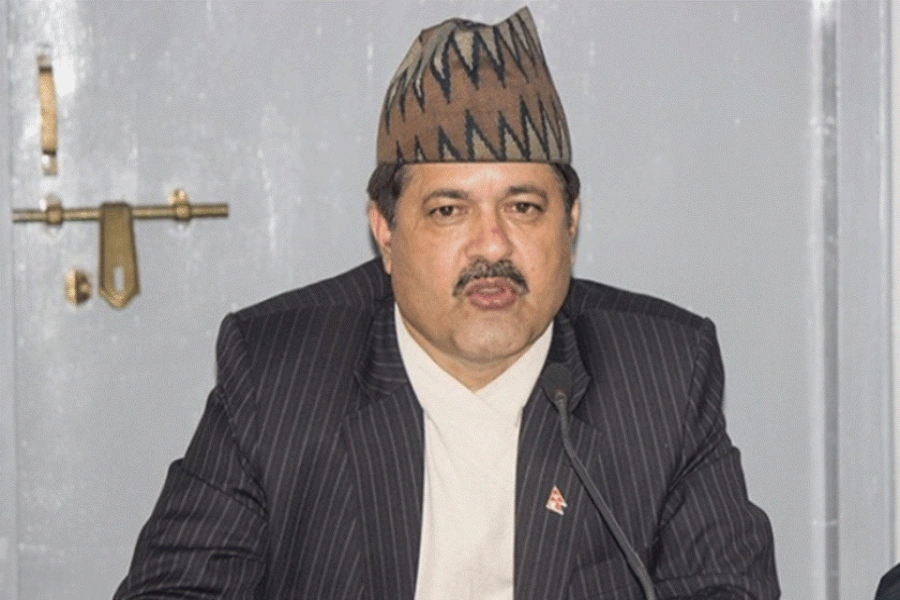KATHMANDU, Sept 15: Amid strong opposition by Nepal to recruit Nepali youths under the controversial Agnipath scheme, India is considering withdrawing vacancies for enlisting soldiers from Nepal under the new military recruitment scheme in the ongoing recruitment cycle.
Indian Army Chief Manoj Pande said the vacancies allotted to Nepali Gurkhas will be redistributed to others “for the time being” as Nepal has asked the Indian side to halt the recruitment of Nepali youths under Agnipath scheme. Pandey made the remarks while replying to a question at a session in the United Service Institution of India, according to a Times of India report.
Sources said Nepal had communicated its position to Indian Army Chief Pande, who was in Nepal earlier this month to receive the honorary rank of General of Nepal Army as per the long-standing tradition between Nepal Army and Indian Army. India plans to induct a total 40,000 Agniveers in two batches after recruitment rallies and selection process in India and Nepal, with the training of around 25,000 to begin in August and 15,000 in December.
Incidentally, the remarks of Indian Army Chief Pande came in the wake of Foreign Secretary Bharat Raj Paudyal holding talks with his Indian counterpart Vinay Mohan Kwarta on all bilateral issues between the two countries in New Delhi. Although the delegation level talks dwelt on all issues of bilateral concern, press statements issued by both the sides do not mention anything about the Agnipath scheme.
Concerns grow in Nepal as India introduces ‘Agnipath scheme’ fo...

Nepal had earlier requested India not to recruit Nepali youths in the Indian Army as a part of its Agnipath scheme. Foreign Minister Dr Narayan Khadka had called the Indian ambassador to Nepal Naveen Srivastava to the ministry on August 24 – a day before the recruitment under the new cycle was supposed to begin from Butwal-- and asked him to postpone the plan to recruit Nepali youths under the new scheme.
Minister Khadka said that all political parties in Nepal should have a unanimous view about the Agnipath scheme, which has become controversial in India itself, and requested India to stop the recruitment until all political parties in Nepal reach consensus on the issue, according to a source familiar with the development. Sources said Nepal is likely to take formal decisions on whether to allow India to recruit Nepali youths under the Agnipath scheme only after the formation of a new government following the parliamentary election scheduled for November 20.
Political parties and civil society in Nepal are divided on whether to continue allowing Nepali youths in foreign armies. While a section of political parties including CPN (Maoist Center) are in favor of completely stopping the Gurkha recruitment, other parties like Nepali Congress and CPN-UML are in favor of giving continuity to the recruitment under pre-Agnipath arrangements.
The Agnipath scheme, which will henceforth be the only route for recruitment into the Indian military, has a provision to hire all new recruits aged 17.5 years or above only for a four-year period till 23 years of age. It is felt that the Indian government has prepared the program to reduce the burden on its exchequer, as it will avoid long tenure of service in the military, as well as pension and other benefits which are available in the current system. This scheme bypasses many things including long tenures, pension and other benefits which were there in the old system.
The decision of the Indian government to introduce the ‘Agnipath scheme’, which is also applicable to Gorkha recruitment, has already courted serious controversies in Nepal. Although Nepal does not have any objection to the recruitment of Nepali youths as per the arrangements made by the 1947 Tripartite Agreement, it is not in favor of allowing Nepali youths to join the Indian military under the new scheme.
Nepal has maintained that the new provisions violate the 1947 Tripartite Agreement that governs the recruitment of Nepali youths into the Indian Gorkhas. The Tripartite Agreement mentions that "subject to satisfactory performance and conduct, all soldiers should be allowed to serve for sufficient time in order to qualify for a pension".
Although there was a separate agreement with India and the UK to assign the number of Gorkha units under the British India government to independent India and the UK, there was an understanding that the nature of the service including long tenures and pension would remain unchanged.
As per the Indian media reports, each recruit will get around IRs 40,000 a month during his four-year stint under Agnipath and gets around IRs 1,200,000 lump sum once relieved from service. "This makes Gurkha recruitment no longer attractive as there is no long-term career.”
Experts in Nepal have maintained that the social impact of the scheme could be grievous for Nepali society. "The social impact on Nepali society must also be considered when young adults trained in warfare and weaponry are sent back to Nepal, rather than spending a full career in the Indian Gorkhas. There is even sociological evidence that such a situation is likely to raise the level of gun-violence and other types of violence in society, as Indian commentators have also suggested," said a retired Nepal Army general, asking not to be named.




